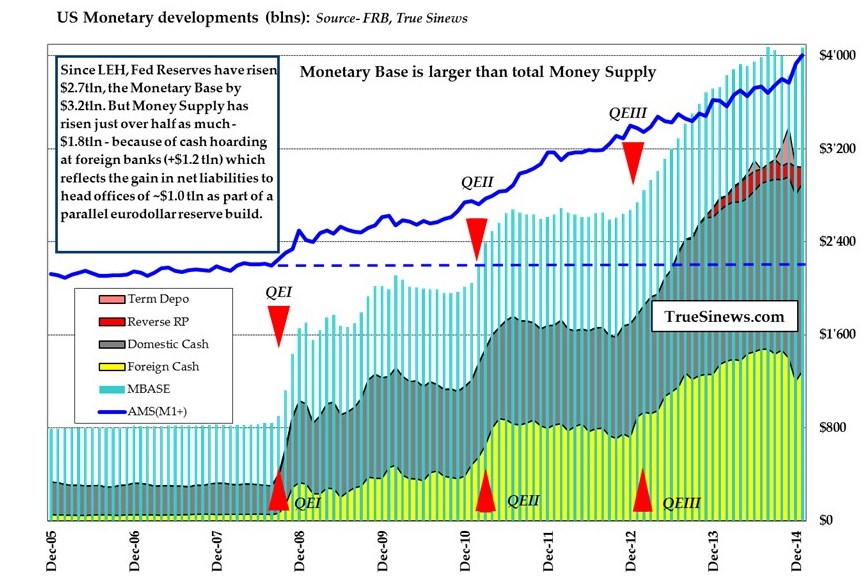Given the ongoing outrage about pay for NHS staff (especially for junior doctors, nurses etc.), one way in which to tackle this could be to liberalise restrictions on private sector work for non-consultant doctors (and healthcare professionals more broadly). This would reduce costs for the NHS, improve non-consultant doctors’ pay and eventually help the NHS afford a staff pay rise.
To begin with, by liberalising restrictions around non-consultant doctors’ ability to undertake private sector work, those who do undertake more private sector work would see their incomes increase in absolute terms. Through the increased competition within the private sector, incumbents’ pay would initially decrease and the average cost of private healthcare would decrease. Over time, the decreased average cost would lead to increased demand for private healthcare. Thus, the increased demand over time could also lead to increased total revenue – as opposed to average revenue – for the incumbents also.
Since the NHS already sub-contracts private sector entities to alleviate pressure upon its infrastructure and workforce, the reduction in average costs in the private sector would also lead to a commensurate reduction in costs incurred by the NHS. Furthermore, the increased demand for private healthcare could correspond to reduced demand for NHS healthcare and, therefore, shorter waiting lists.
Essentially, several problems can be solved through liberalising restrictions on non-consultant doctors’ work in the private sector (and the restrictions on healthcare professionals more broadly) – this includes doctors’ low pay, long waiting lists for patients, external costs incurred by the NHS and more. This could all also enable the NHS to afford a general pay rise for staff.



How do you propose getting round the requirement that junior doctors are unable to practice independently, which is a key difference between NHS and private sectors.
What market is there for self funding patients to see junior doctors in private practice